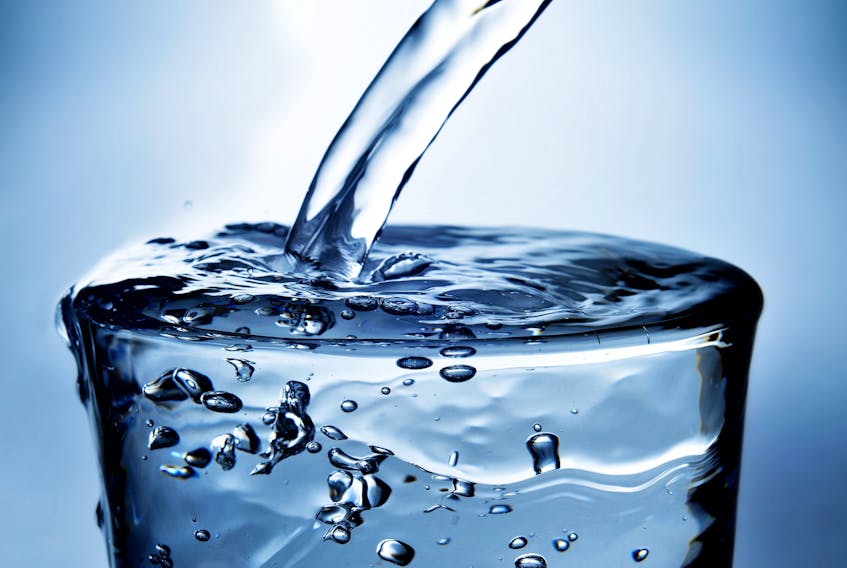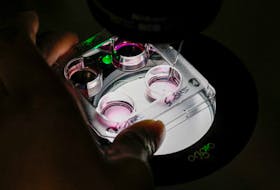Having an issue with excessive THM levels isn’t the only thing some western Newfoundland communities have in common.
They also share a concern with not being able to tackle the problem on their own and having few options to pursue.
On Saturday, The Western Star published two articles outlining how several towns in western Newfoundland are among the roughly one-quarter of Newfoundland and Labrador communities with levels of disinfection byproducts in drinking water supplies that exceed Health Canada’s standards.
Disinfection byproducts, such as trihalomethanes (THMs) and haloacetic acids (HAAs), are created from the interaction of chlorine with organic material suspended in the water. Long-term exposure to excessive levels of THMs and HAAs are suspected to possibly cause cancer and reproduction issues.
Related
LETTER: Doing nothing about THMs is not wise
Pasadena resident was surprised to hear about issues with drinking water
Deputy Mayor Alfred Park of McIvers was surprised to hear there was an issue with his town’s water because he has not seen any notifications saying as such.
“All we get is a sheet telling us the water is satisfactory,” he said of the regular monitoring done by the provincial government on public drinking water supplies.
“I wasn’t even aware that by putting chlorine in it, you can drive something else out of whack.”
The latest readings in McIvers had an average of 172 micrograms per litre of water, well above the acceptable Health Canada standard of 100 micrograms per litre.
It is generally accepted that chlorinating water is still crucial to maintaining potable water because the risks presented by THMs are less than from not disinfecting water to get rid of disease-causing bacteria that can trigger more immediate health ailments.
McIvers has been on a boil order for the past several weeks because of work being done to upgrade its water infrastructure. That work was done to address a water shortage issue the town experienced a couple of summers ago.
The town also just spent $700,000 in shared capital to install a new sewer treatment system.
Park said McIvers will be hard-pressed to find a way to also address any issues it has with controlling THM levels.
“It does concern me because the two most important things we can do as a council, unless we had a lot more funds than we get, is look after the water and the sewer,” he said. “If it means a load of money (to address the THM issue), what we can do about it is not a whole lot.”
It likely will cost a lot of money, if you ask the Town of Rocky Harbour, where the latest THM readings were at 152.25 micrograms per litre.
Town clerk/manager Debbie Reid said the town looked into installing a new water filtration system years ago. If the millions it would cost to purchase the system wasn’t deterrent enough, the cost to maintain the system certainly was.
“It would have drove everybody’s taxes through the roof,” she said.
The town was successful in reallocating money for the system to replacing the main water line, but now Rocky Harbour is looking for a new source for its water supply.
The idea is to find a source that will have less organic material in the system during the chlorination process, resulting in lower THM levels after disinfection.
Reid said that process is still in the early stages.
She feels towns really need the assistance of both the provincial and federal levels of government to get a handle on bringing THM levels down below the accepted standard.
“I think they are in support of it, but I guess there is a big cry from other municipalities right across the province to have assistance with good drinking water,” said Reid.









